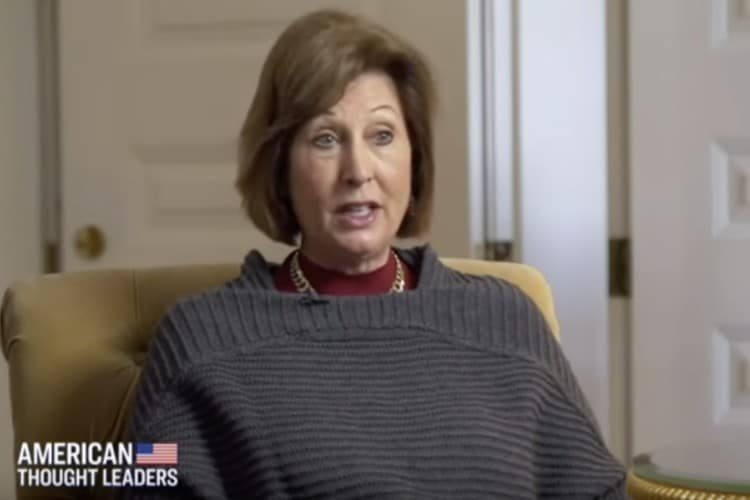
Detroit’s city attorney David Fink has prepared a motion to fine Trump attorney Sidney Powell and ban her from practicing law in the Eastern District of Michigan. Fink has called her filings “nonsense” and “frivolous.”
Powell’s response was cryptic: “We are clearly over the target,” adding, “we will continue to seek the truth and expose the fraud.”
Fink’s motion asks a federal judge to fine her and ban her from practicing law in that district. In addition he wants to refer her to the state’s bar association for grievance proceedings. Under so-called Rule 11 he can’t file his motion for 21 days, giving Powell an opportunity to respond. Rule 11 forbids lawsuits to be filed “for any improper purpose, such as to harass, cause unnecessary delay, or needlessly increase the cost of litigation.”
Fink complains that Powell’s lawsuits “raise doubts in the minds of millions of Americans about the legitimacy of the 2020 president election.”
Fink is on a roll. On Tuesday he asked a judge to sanction two other law firms for bringing a similar case because, he said, it was backed by “no evidence.” Wrote Fink:
This is not a minor lawsuit; it is a dangerous attack on the integrity of the democratic process for the election of the President of the United States.
The parties and their attorneys should be held to the highest standards of factual and legal due diligence; instead, they have raised false allegations and pursued unsupportable legal theories.
Then, after being corrected by the defendants and the Courts, they refuse to dismiss their lawsuit. Apparently this frivolous lawsuit continues because it serves other, more nefarious, purposes. While the pending complaint cannot possibly result in meaningful relief, it does serve the purpose of conveying to the world the impression that something fraudulent occurred in Detroit’s vote count.
Earlier this month Fink attacked Powell over another of her lawsuits:
Few lawsuits breathe more lies than this one. The allegations are little more than fevered rantings of conspiracy theorists built on the work of other conspiracy theorists.
Plaintiffs rely on affidavits of so-called “experts” — really confidence men who spread lie after lie under cover of academic credential — which misstate obviously false statistics. These “experts” use academic jargon as if that could transmute their claims from conspiracy theory to legal theory.
Michigan, and especially Detroit, has a long history of election fraud. Just two days after the election John Daniel Davidson, writing at The Federalist, reported that “election fraud keeps piling up in Michigan” and then proceeded to count the ways. There were video clips of election officials denying access to polling place by authorized GOP poll watchers. When they were ejected, Democrat election workers cheered. He recounted numerous other examples calling the entire Michigan election process into question.
Phil Kline, a former Kansas state attorney general, said about Michigan: “We have confirmed evidence that Democratic election officials have violated state law and have opened the door to fraud involving tens of thousands of ballots.”
In Hamlet, Shakespeare had Queen Gertrude announce, following a similar overreaction by another character in the play, that “the lady doth protest too much, methinks.” Fink’s obvious overreaction to Powell’s claims of fraud likely reflects his fear that she is on to something.



